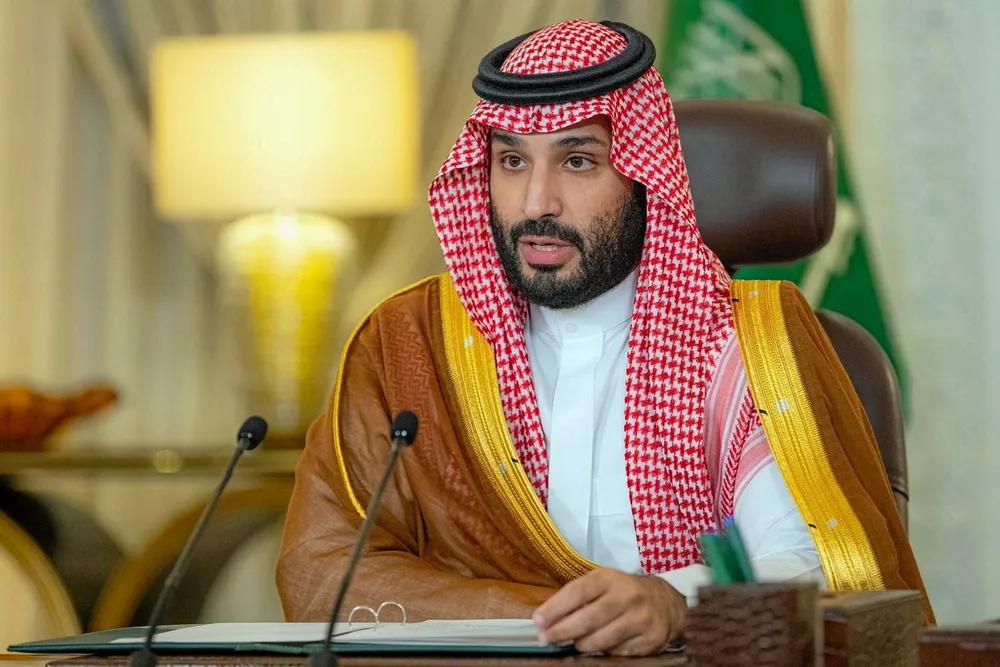No capacity: Saudi Arabia cannot expand oil production beyond 13 million bpd
Kingdom currently has a 12 million bpd nameplate capacity, which it plans to increase by 2027

Kingdom currently has a 12 million bpd nameplate capacity, which it plans to increase by 2027
